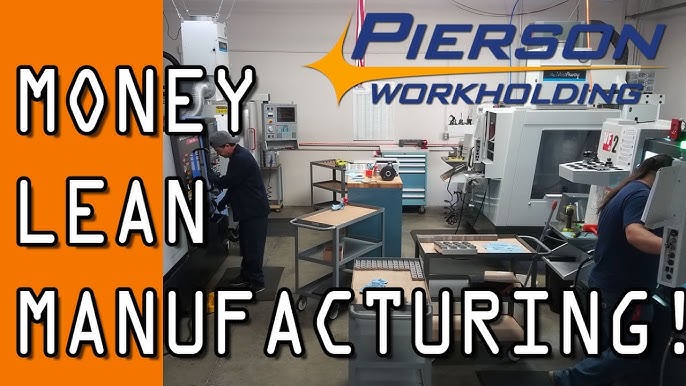In the realm of modern manufacturing, precision is paramount. Whether it’s crafting intricate parts for aerospace technology or fashioning components for medical devices, the demand for accuracy and quality has never been higher. At the heart of this precision lies the machining shop, a dynamic environment where raw materials are transformed into finely tuned components using advanced machinery and skilled craftsmanship. In this article, we delve into the world of machining shops, exploring their significance, processes, and the role they play in shaping industries worldwide.
The Significance of Machining Shops
Machining shops serve as the backbone of manufacturing industries, contributing to sectors ranging from automotive and aerospace to electronics and healthcare. These facilities specialize in the fabrication of parts and components through subtractive manufacturing processes, where material is removed from a workpiece to achieve the desired shape and dimensions.
The significance of machining shops lies in their ability to produce precision-engineered parts with tight tolerances, ensuring consistency and reliability in the final product. Whether it’s milling, turning, drilling, or grinding, these shops utilize a variety of techniques and cutting-edge equipment to meet the exacting requirements of diverse applications.
Processes and Technologies
Machining shops employ a diverse array of processes and technologies to fabricate components with precision and efficiency. Among the most common techniques are:
- Milling: In milling, rotary cutters remove material from a workpiece to create complex shapes and features. This versatile process is widely used for producing flat surfaces, slots, and pockets in a variety of materials, including metals, plastics, and composites.
- Turning: Turning involves rotating a workpiece while a cutting tool removes material to create cylindrical shapes, such as shafts, rods, and tubes. This process is ideal for producing symmetrical components with precise dimensions and surface finishes.
- Drilling: Drilling machines use rotating drill bits to create holes in workpieces, ranging from small diameters to large bores. This essential process is used in various applications, including assembly, fastening, and component integration.
- Grinding: Grinding employs abrasive wheels to remove material from a workpiece, achieving tight tolerances and fine surface finishes. This precision machining process is utilized for producing cylindrical, flat, and contoured surfaces with exceptional accuracy.
- EDM (Electrical Discharge Machining): EDM involves the use of electrical discharges to erode material from a conductive workpiece, enabling the creation of intricate shapes and profiles. This non-contact machining process is particularly suited for hard metals and complex geometries.
The Role of Skilled Machinists
At the heart of every machining shop are skilled machinists who possess the expertise to translate design specifications into tangible products. These highly trained professionals are adept at operating a wide range of machinery, interpreting engineering drawings, and troubleshooting issues to ensure optimal performance and quality.
Machinists play a crucial role in every stage of the manufacturing process, from programming CNC (Computer Numerical Control) machines to inspecting finished parts for accuracy and adherence to specifications. Their attention to detail, problem-solving abilities, and commitment to excellence are instrumental in delivering products that meet the highest standards of quality and precision.
Advancements in Automation and Industry 4.0
In recent years, machining shops have witnessed significant advancements driven by automation and digitalization. The emergence of Industry 4.0 technologies, such as IoT (Internet of Things), AI (Artificial Intelligence), and robotics, has revolutionized the manufacturing landscape, enabling greater efficiency, flexibility, and connectivity.
Automation has streamlined production processes, reducing lead times and enhancing productivity while minimizing the risk of errors and defects. CNC machining centers equipped with advanced software allow for precise control and optimization of cutting parameters, resulting in faster turnaround times and improved cost-effectiveness.
Furthermore, data-driven analytics and predictive maintenance tools empower machining shops to monitor machine performance in real-time, preemptively identify potential issues, and optimize production schedules for maximum efficiency. This digital transformation is reshaping the way machining shops operate, paving the way for smarter, more agile manufacturing processes.
Conclusion
Machining shops play a pivotal role in the manufacturing ecosystem, serving as the cornerstone of precision engineering and production. Through a combination of advanced processes, cutting-edge technologies, and skilled craftsmanship, these facilities transform raw materials into high-quality components that drive innovation across industries.
As we continue to embrace automation, digitalization, and Industry 4.0 principles, machining shops are poised to become even more efficient, adaptive, and responsive to the evolving needs of the global marketplace. By leveraging technology and expertise, they will continue to push the boundaries of what’s possible, delivering solutions that shape the future of manufacturing for generations to come.

